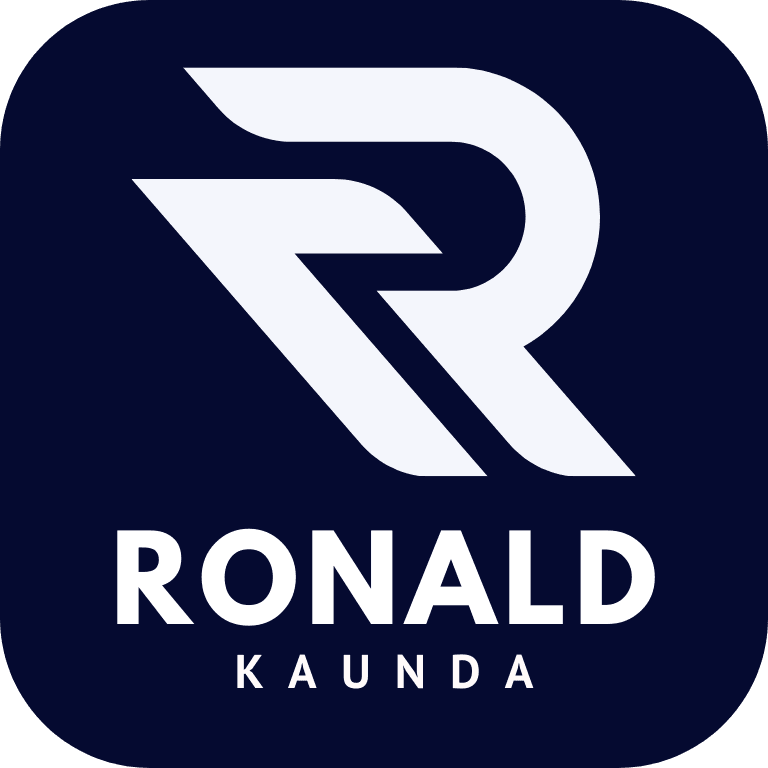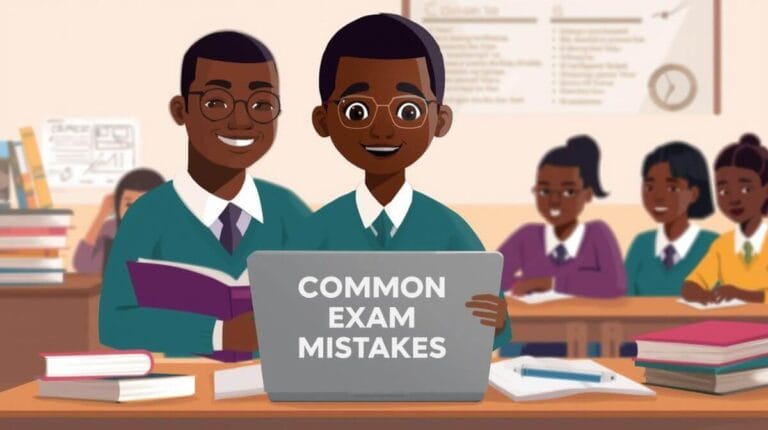When we talk about literacy, we usually talk about its role in academic success and the development agenda. Every nation, regardless of the economic situation, strives to educate its population and reduce the gap between the literates and the so-called illiterates.
In this essay, I discuss the importance of literacy in education and how that translates to development. A basic definition of literacy is given in another article here.
Literacy in education
When defined conventionally, literacy underlies, and defines the core of education in most formal and non-formal educational contexts as it is seen as one of the core instruments which help individuals in education to understand decontextualised information and language, be it verbal or written.
In this way, it prepares the way for further learning in individuals across schooling in different subject areas.
In a way, the concept of being literate is closely linked to education as a process since students learn to read in early stages of their education and later learn from their reading of texts at the top level of their grade and in different subject areas.
It is true that ‘if education is to realize its potential as a resource for progressive social and economic change, the outcomes must include an increased proportion of the population who are sufficiently literate.’
Hence education and literacy are intertwined as they influence each other in such a way that in early stages the education process informs literacy and once one is literate in the sense of decoding print, one begins to read in order to learn.
Literacy is only one part of early childhood development, and quite often it becomes the barometer for other areas of child development.
This implies that literacy teaching and learning in early childhood is fundamental and that efforts must be made to provide an enabling environment where children can engage in informal use and practice of literacy both at school and at home.
Literacy at home and school
Literacy is something that is nurtured and taught at home and at school. At home, families can provide, model, and nourish children with literacy experiences.
At school, formal acquisition of literacy can be done in formal settings since ‘educators have a critical role in scaffolding children’s literacy understandings.’ The two environments, home and school, provide a child with opportunities to both learn and acquire early literacy skills and behaviours.
The goal for language and literacy experiences in school is for teachers to integrate early literacy skills into instructional approaches that are appropriate and engaging for young children and that are explicit and intensive enough to offer a strong foundation for children’s later reading success.
Although these skills individually are important in leading to positive conventional literacy outcomes, a combination of them provides the greatest success to later becoming functionally literate.
Over the last several years, global educational discourses have shifted emphasis from improving educational access to a stronger focus on improving learning outcomes.
Literacy and development
Literacy has for a long time been considered a key component of the global development agenda. Literacy can be an instrument in the pursuit of development at personal, family and community levels as well as at the macro levels of nations, regions, and the world at large.
Literacy has been seen to strengthen the capabilities of individuals and communities to access health, educational, political, economic, and cultural opportunities, and services.
Sufficiently literate people understand documentations pertaining to their civic rights and duties and the consequences of development projects, contribute to critical and constructive analyses of local and national projects and express their locally felt needs in forms that command the attention of policy makers and administrators.
Literacy then is not an ‘act’ but a ‘practice’ that is aimed at bringing about human survival and economic growth. With this in view, literacy should not only be seen as reading and wring but how people use their language and other available resources for community and society development.
Conclusion
In conclusion, let me mention that many current reading initiatives in the country, however, focus exclusively on supporting reading skills in the early primary grades, without acknowledging the importance of foundational early literacy skills children develop in the early years that set them on a positive reading trajectory in school.
A critical analysis of the research based on language development and literacy suggests that the foundations for learning to read and write are set long before a child enters primary school.
The timing at which this process starts is crucial to underscore. A strong body of research documents the crucial links between early literacy and later reading outcomes and clearly shows that reading and the process of becoming literate is intertwined with the experiences children have with language and print from birth onwards.
As such, literacy should not only encompass reading writing but also reading the opportunities for personal development.
Readings
Brock-Utne, B., & Mercer, M. (2014). Using African languages for democracy and lifelong learning in Africa: A post-2015 challenge and the work of CASAS [Article]. International Review of Education / Internationale Zeitschrift für Erziehungswissenschaft, 60(6), 777-792. https://doi.org/10.1007/s11159-014-9448-7
Department of Education and the Arts. (2006). Literacy-the Key to Learning: Framework for Action 2006–2008. Queensland: Author Retrieved from http://education.qld.gov.au/publication/production/reports/pdfs/literacy-framework-06.pdf
Education for All Global Monitoring Report. (2006). Literacy: the core of Education for all (Education for All Global Monitoring Report 20016, Issue. Author. http://www.unesco.org/education/GMR2006/full/chapt1_eng.pdf
Hall, N. (1987). The emergence of literacy. Heinemann.
Kabaghe, S. M., Mubanga, E., Matafwali, B., Kasonde-Ngandu, S., & Bus, A. G. (2015 ). Zambian preschools: a boost for early literacy? English Linguistics Research, 4(4), 1-10. http://dx.doi.org/10.5430/elr.v4n4p1
Linehan, S. (2004). Language of instruction and the quality of basic education in Zambia. UNESCO.
Ministry of Education. (1992). Focus on learning. Lusaka: Zambia Education Publishing House
Ministry of Education. (1996). Educating our future Lusaka: ZEPH
National Center for Family Literacy. (2009). What works: an introductory teacher guide for early language and emergent literacy instruction. www.famlit.org/educators.
Newman, L., Staples, K., & Woodrow, C. (2016). Recognition of family engagement in young children’s literacy learning [Article]. Australasian Journal of Early Childhood, 41(1), 73-81. http://search.ebscohost.com/login.aspx?direct=true&db=asn&AN=115168648&site=ehost-live
Pretorius, E., & Ribbens, R. (2005). Reading in a disadvantaged high school: issues of accomplishment, assessment and accountability [Article]. South African Journal of Education, 25(3), 139-147. http://search.ebscohost.com/login.aspx?direct=true&db=asn&AN=19023113&site=ehost-live
Read To Succeed Project. (2013). Baseline survey report. . RTS.
Rose, D. (2016). Engaging and supporting all our students to read and learn from reading. https://www.readingtolearn.com.au/wp-content/uploads/2016/07/PETAA-PAPER-202.pdf
Serpell, R. (2014). Promotion of literacy in Sub-Sahara Africa: goals and prospects of CALPOSA at the University of Zambia [Article]. Human Technology, 10(1), 22-38. http://search.ebscohost.com/login.aspx?direct=true&db=sxi&AN=97006714&site=ehost-live
Serpell, R., & Simatende, B. (2016). Contextual responsiveness: An enduring challenge for educational assessment in Africa. Journal of Intelligence, 4(3).








A well articulated article on Literacy. It has clearly speld out the areas literacy affects ranging from Education, Social and Economic aspects. Mostly, when people talk about literacy, our attention normally goes towards reading and writing. However, your article has really broadened my horizon on the subject matter.
Keep up the good work Dr. Kaunda.
I really thank you bakalamba for your support. Indeed literacy is a very broad subject.
A well articulated article on Literacy. It has clearly speld out the areas literacy affects ranging from Education, Social and Economic aspects. Mostly, when people talk about literacy, our attention normally goes towards reading and writing. However, your article has really broadened my horizon on the subject matter.
Keep up the good work Dr. Kaunda.